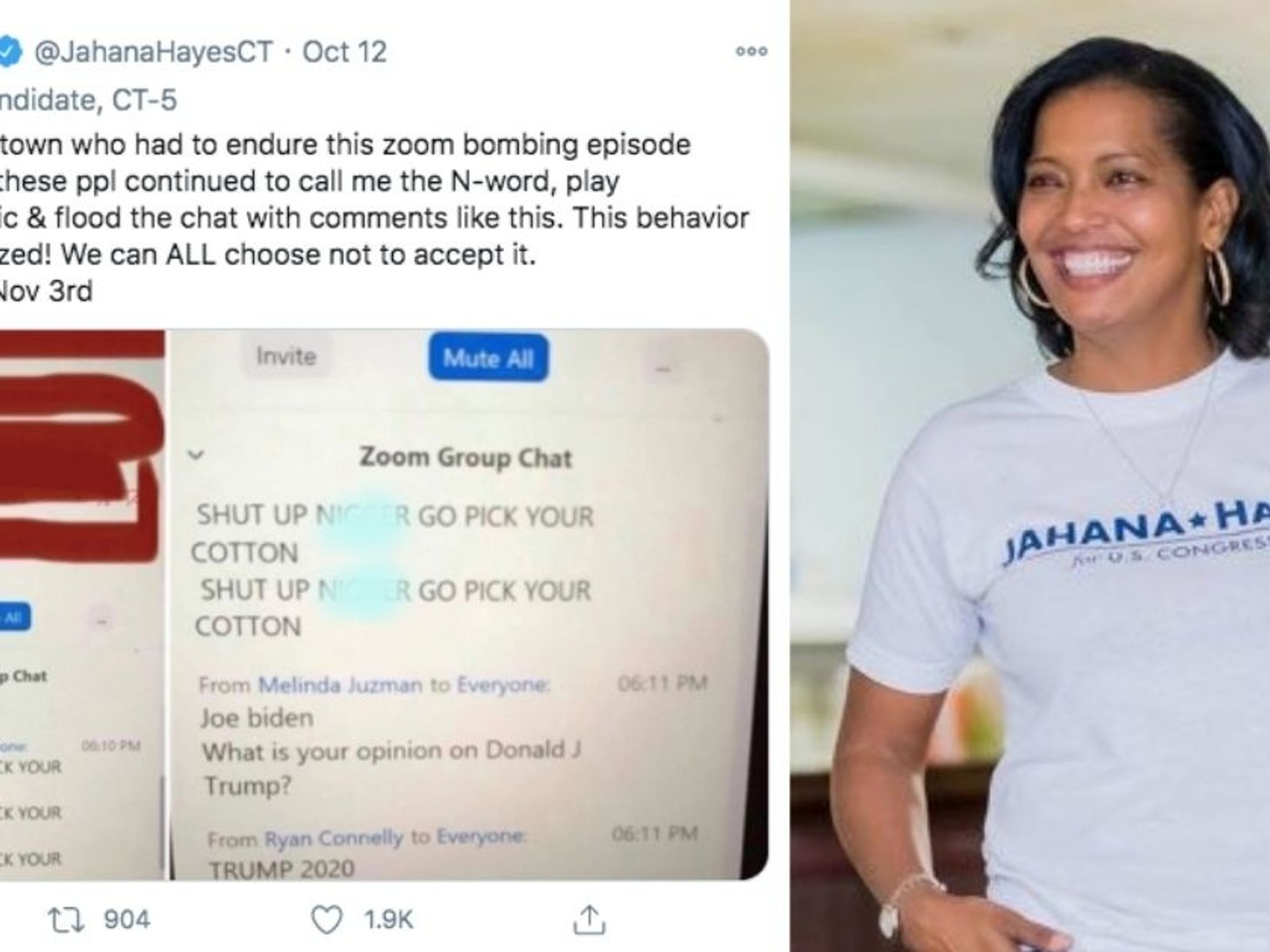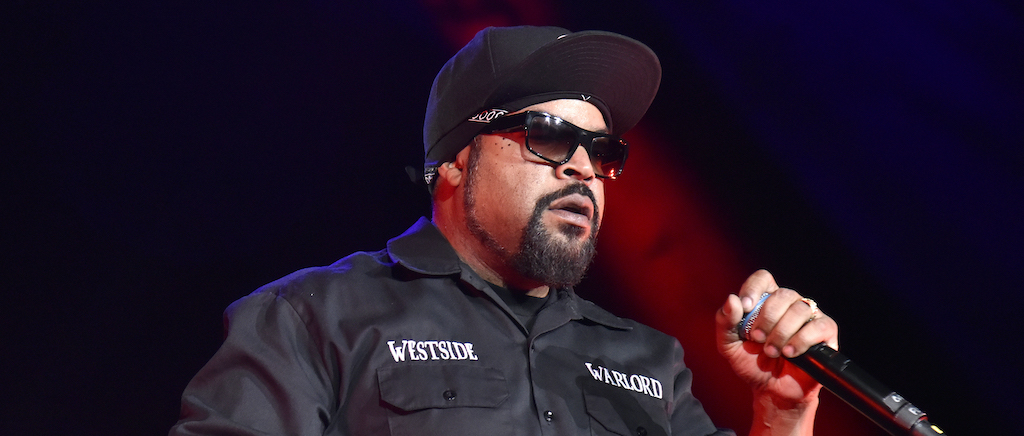
Hip-hop fans are in an uproar on Twitter after a tweet from a high-ranking Trump advisor thanking Ice Cube for helping the Trump administration craft its Black outreach program, The Platinum Plan, went viral. On Tuesday, Katrina Pierson, a Tea Party activist and consultant for the Trump administration, tweeted, “Shoutout to @icecube for his willingness to step up and work with @realDonaldTrump Administration to help develop the #PlatinumPlan. Leaders gonna lead, haters gonna hate. Thank you for leading!”
Shoutout to @icecube for his willingness to step up and work with @realDonaldTrump Administration to help develop the #PlatinumPlan
ICYMI: https://t.co/V0qOAp0lwR
Leaders gonna lead, haters gonna hate. Thank you for leading!
— Katrina Pierson (@KatrinaPierson) October 13, 2020
Thanks to the near-endless deluge of bad news that seems to constantly flood all our timelines, the tweet went unnoticed until suddenly going viral earlier this afternoon. Once it did, Ice Cube’s name trended due to fans expressing their dismay at his perceived betrayal after spending over three decades as a symbol of rebellion against the system due to tracks like “F*ck The Police,” “Good Cop Bad Cop,” “Arrest The President,” and albums such as Amerikkka’s Most Wanted.
In a video posted on Sunday, Cube pre-emptively accepted their shock and disdain for the move, pointing out that he believes that no US president has ever helped Black Americans. He says that he met with representatives from both parties and felt that the Democratic Party didn’t seem to be as accepting of his suggestions as Trump’s administration. “Everybody can be mad at me, pissed off at me, but hey, y’all know what it is,” Cube shrugged. He noted that the Platinum Plan apparently includes a $500 billion commitment toward causes like new jobs for Black communities, higher “policing standards,” and access to better education.
DON’T KILL THE MESSENGER #CWBA #ContractWithBlackAmerica pic.twitter.com/8NqthXp268
— Ice Cube (@icecube) October 11, 2020
However, that did little to curtail the reactions from fans feeling jilted by the controversial rap icon, who was also chided earlier this year for sharing anti-Semitic memes. Cube previously derided Kanye West for his support of Donald Trump, something many were quick to point out, as well as the seeming about-face he made by seeking to work with the administration himself.
Serious question…conservatives were railing on Ice Cube just this summer about his history of anti-semitic statements and tweets. Rightly so, they were anti-semitic.
So he’s ok now?
And don’t mention Farrakhan…I’ve gone after him a ton. https://t.co/vvxvfoiQTd
— Yashar Ali
(@yashar) October 14, 2020
Ice Cube, 1991: I’LL NEVER HAVE DINNER WITH THE PRESIDENT
Ice Cube, 2020: pic.twitter.com/PmFC3DitWV
— Eric Haywood (@EricHaywood) October 14, 2020
Ice Cube trying to explain his politics. pic.twitter.com/uxxTIvAZ6Z
— In My Mind (@MeAloneInMyMind) October 14, 2020
Fuck Ice Cube.
— Brittney Cooper (@ProfessorCrunk) October 14, 2020
since ice cube is trending for doing some dumb shit, here’s malcolm x reminding you to ignore these clown ass celebrities spouting nonsense that placates the powerfulpic.twitter.com/Kqi79uYvu1
—
(@zei_squirrel) October 14, 2020
We’ve reached the point where Joe Biden has more credibility in the hood than Ice Cube. 2020 is the twilight zone.
— I Smoked The Good Old Days Of Segregation (@Dknight10k) October 14, 2020
Ice Cube is MAGA and is dropping his latest track “Hug The Police” featuring Charlie Kirk and Candace Owens 11/2/2020.
— Tony Posnanski (@tonyposnanski) October 14, 2020
So Ice Cube been telling us to withhold our vote and to question the Dems and the whole time he’s been working with 45?!
— Wholesome Faithful Black Queen
(@A_Pretty_ChemE) October 14, 2020
Watch Ice Cube’s video explaining his political position above.



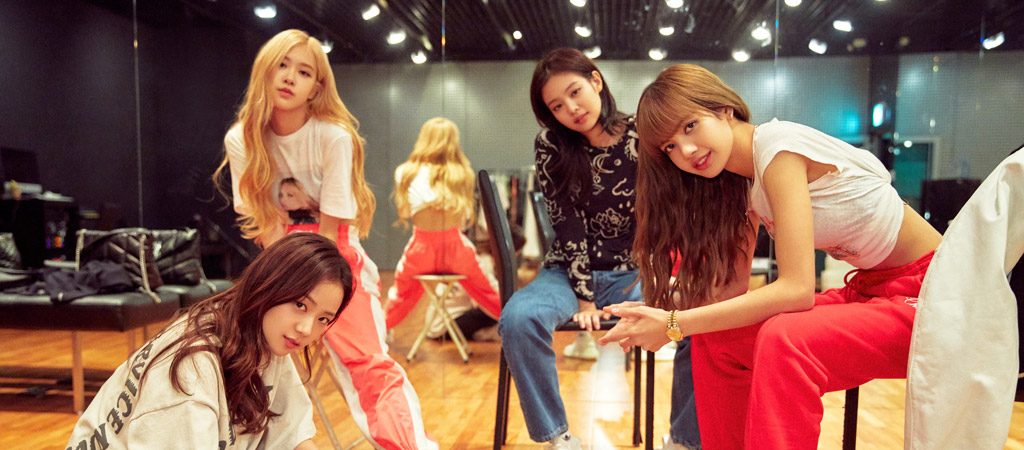
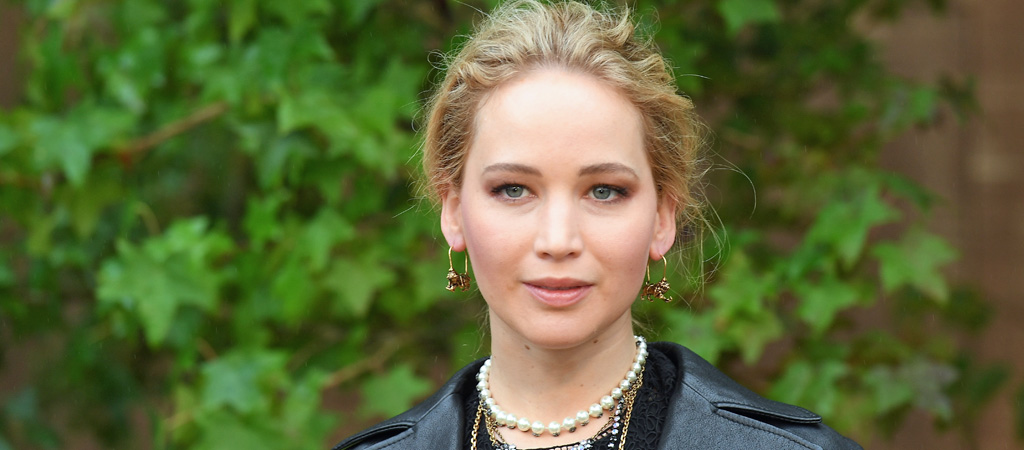
 Leonardo DiCaprio joins
Leonardo DiCaprio joins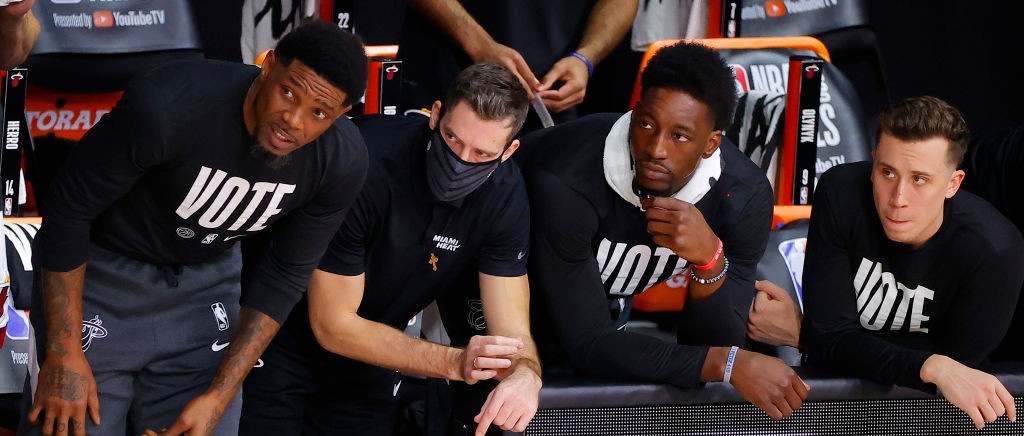
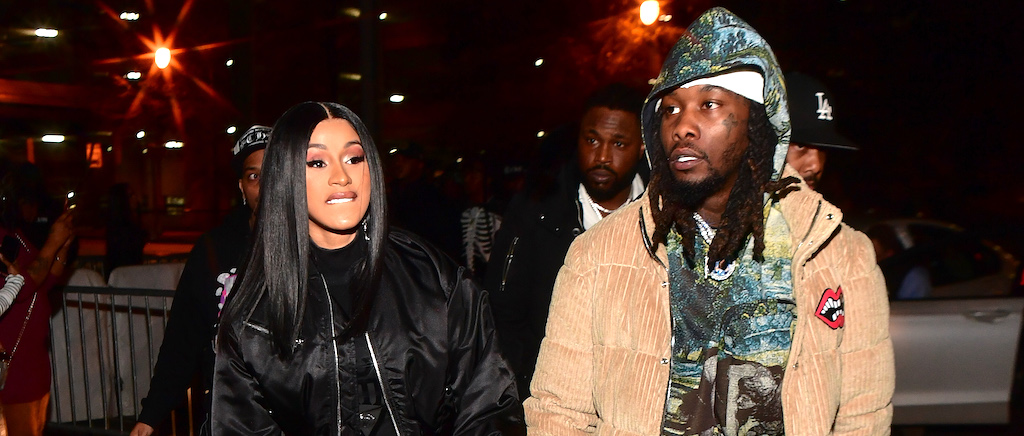
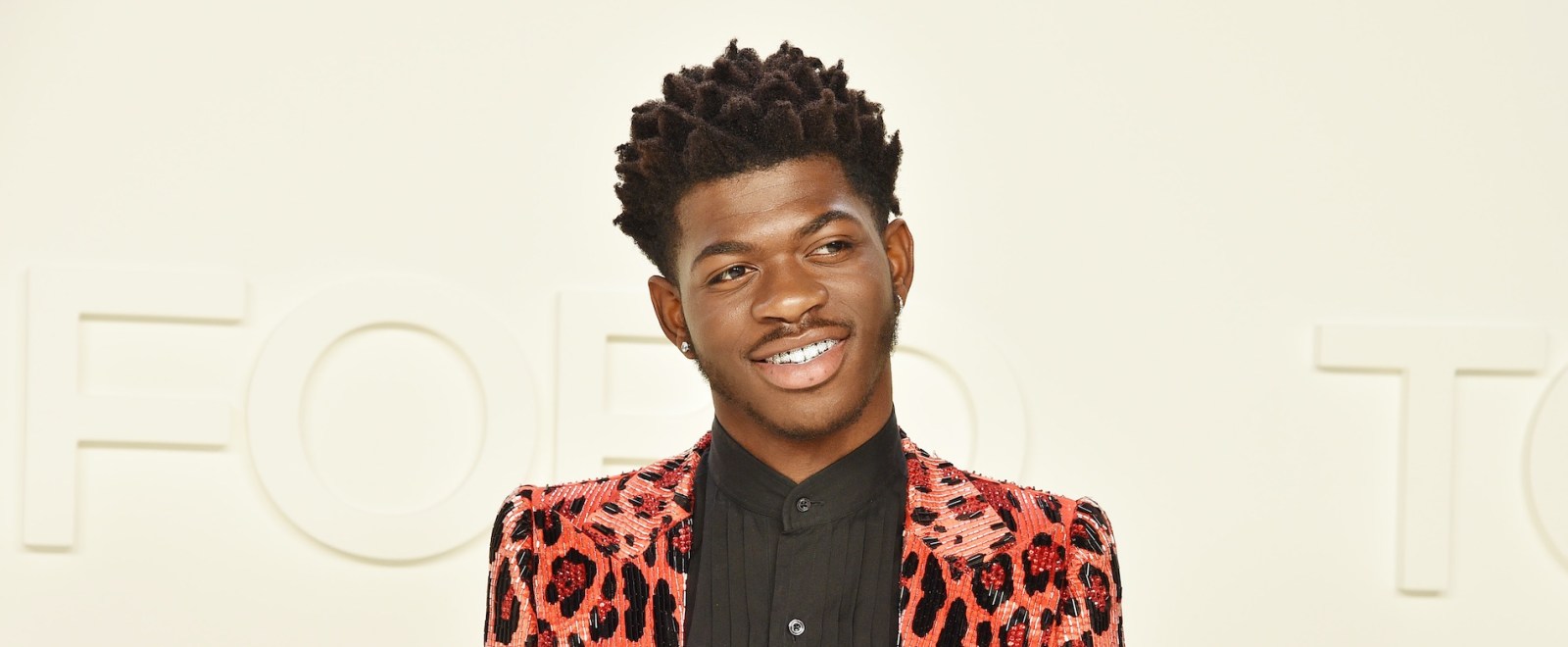


 ”
” 